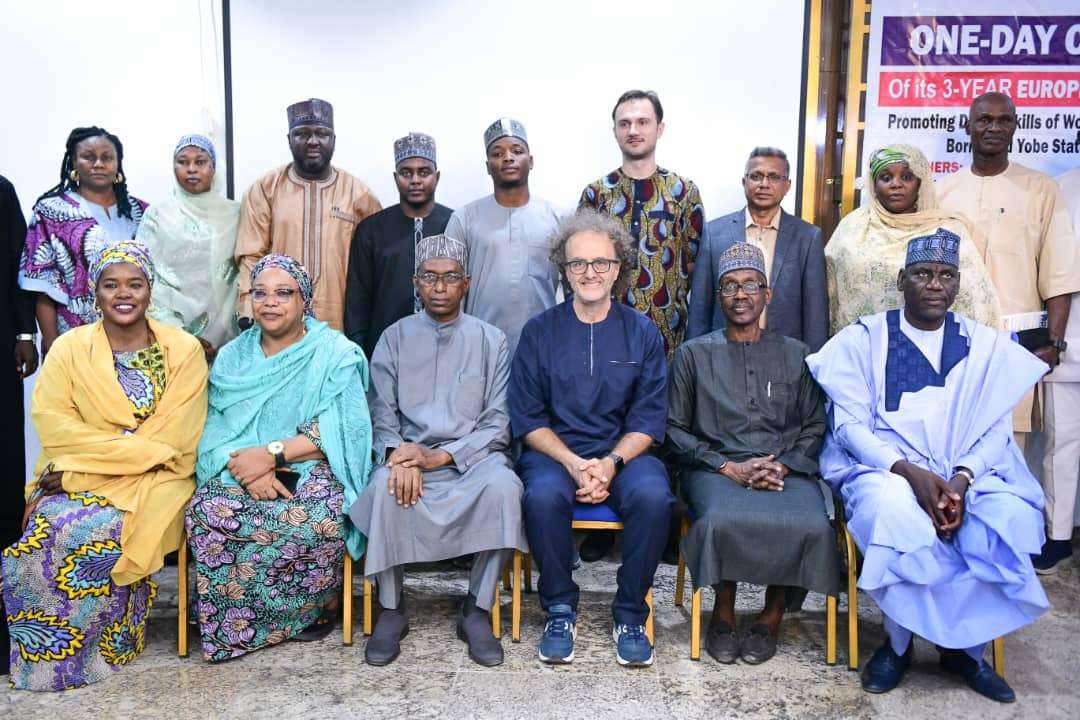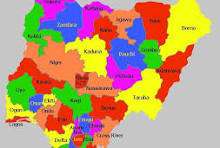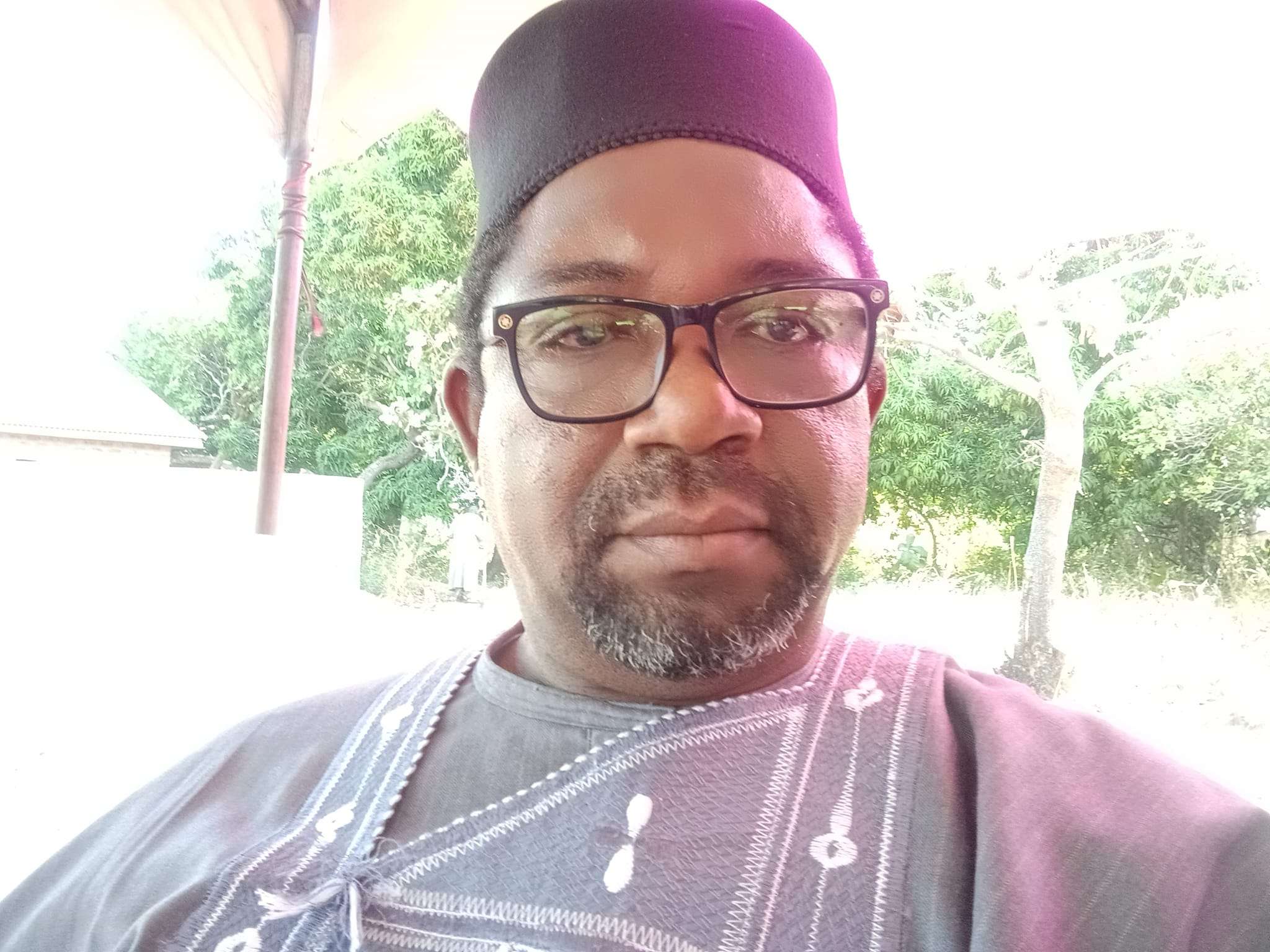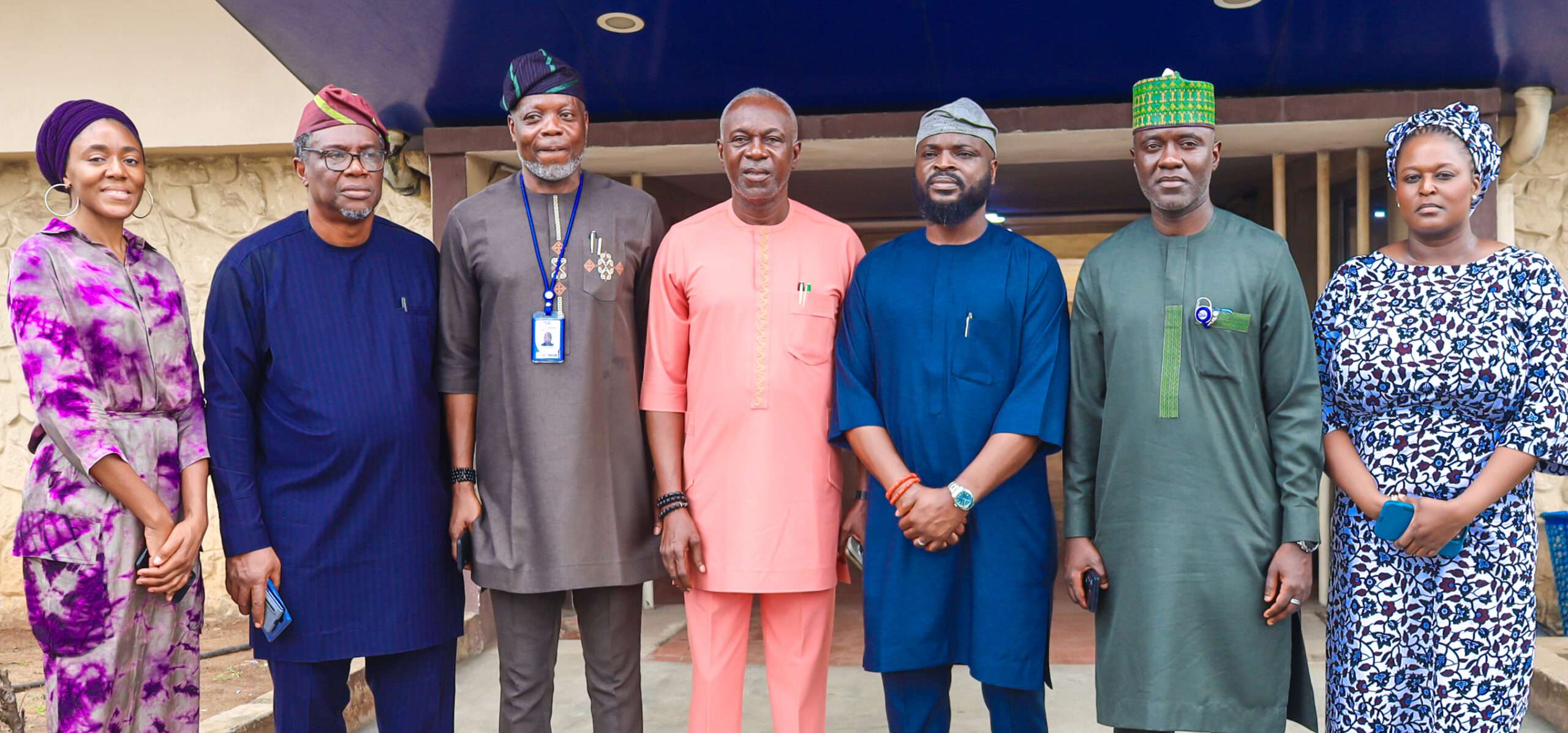Some mistakes are small. Others can shake the world.
Jeffrey Goldberg, a journalist with The Atlantic, was mistakenly added to a WhatsApp group where high-level war intelligence was being exchanged. It was a space meant for classified discussions, strategy, operations, the kind of information that can change the course of a conflict. He had two choices. Quietly exit or expose what he saw. He chose the latter.
The leak sent shockwaves through intelligence circles. Governments scrambled to contain the fallout. Military plans were forced to shift. Reputations were damaged, alliances tested, and strategies compromised. The consequences of one accidental inclusion reverberated through global security corridors. And just like that, Goldberg, a journalist, had inserted himself into the heart of an unfolding war.
But was he shedding light on hidden truths or jeopardizing lives in the name of a scoop?
The press exists to inform, to hold power accountable, to ensure that secrecy does not breed unchecked power. But what happens when the information itself becomes a weapon? When exposing a secret does more than embarrass a government, when it alters military tactics, exposes operatives, and fuels geopolitical tensions? At what point does the right to report become the responsibility to withhold?
History offers no easy answers.
The Pentagon Papers revealed government deception about Vietnam but did not compromise active military operations. WikiLeaks, on the other hand, dumped raw intelligence into the public domain, putting lives at risk. Edward Snowden’s leaks about mass surveillance ignited a debate on privacy, but intelligence agencies argue to this day about the damage done.
Goldberg’s case is different. He was not chasing a lead. The lead fell into his lap. And with it, a choice. Report or restrain.
Truth is a powerful thing. But it is also a dangerous one. Journalism is not just about exposing secrets, it is about knowing which secrets should be exposed. There is a reason intelligence agencies operate in the shadows. Some information is not just sensitive. It is lethal.
Governments classify information for a reason. Some details, when exposed, can cost lives. The location of troops. The identities of intelligence operatives. The existence of covert missions. In the digital age, where information spreads instantly, one leak can undo years of strategy in a single moment. It is not just about the public’s right to know,it is about the cost of knowing.
Then came the damage control.
The Trump camp, always quick to rewrite a narrative, denied there was anything classified in the leaked conversations. It was not intelligence, they insisted, it was just chatter. Political spin at its finest. Because if the information was not classified, why was everyone scrambling? Why the sudden shift in narrative? Why the coordinated effort to bury the story?
This is the same script we have seen time and time again. When caught in a storm, deny until the winds change. It is the same strategy used when classified documents show up where they should not. When private conversations leak. When the truth becomes too inconvenient to acknowledge. If you say something is not classified with enough confidence, maybe people will believe it. Maybe the truth, no matter how damning, will simply fade away.
But this time, it is different. The stakes are higher. Because this is not just about politics. It is about war.
Goldberg’s leak will be debated in newsrooms, security briefings, and courtrooms. Some will call him a hero. Others will call him reckless. But one thing is clear. Wars are not just fought with weapons anymore. They are fought with information.
Disinformation campaigns, cyberattacks, intelligence leaks these are the new tools of war. And journalists, whether they intend to or not, have become part of the battlefield. A single article can shift public opinion. A single leak can collapsenegotiations. A single misstep can cost lives.
Goldberg may have believed he was exposing the truth. But in an era where information is as powerful as a missile, did he detonate one without realizing it?
This time, the truth is not just up against secrecy. It is up against the full force of denial. And if history has taught us anything, the real question is not whether the information was classified.
The real question is, what was so damning that it had to be denied at all costs?








